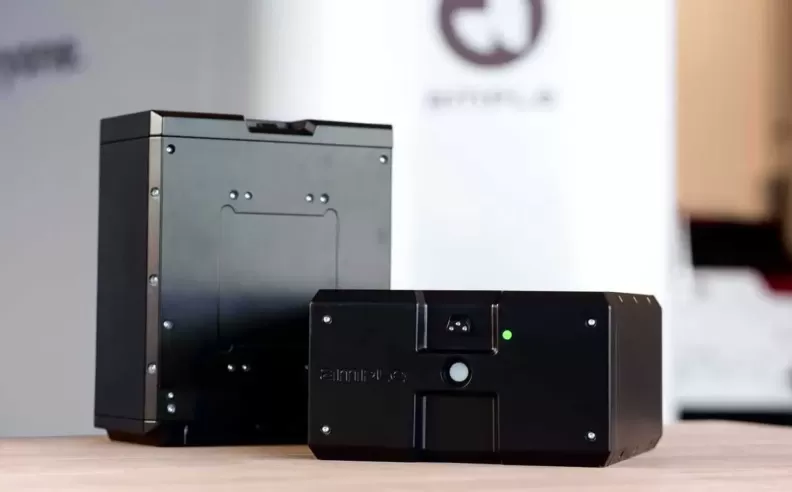
The adoption of electric vehicles (EVs) is growing at a rapid pace globally. However, one of the biggest challenges for EV owners is range anxiety, the fear that they may run out of power before reaching their destination. To tackle this problem, battery-swapping technology has emerged as a potential solution.
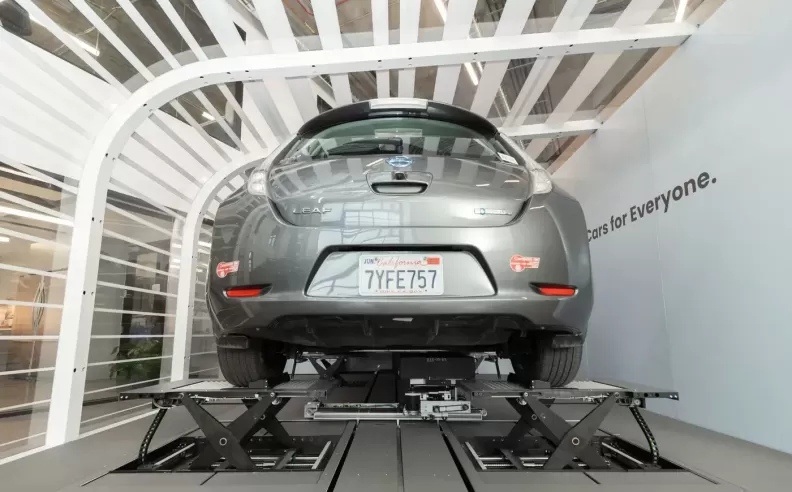
Battery-swapping technology involves replacing a depleted battery with a fully charged one in a matter of minutes. This process eliminates the need for extended charging time and allows EV owners to travel longer distances without the worry of running out of power. Several automakers have been exploring battery-swapping technology, and one such car that stands out is the Fisker Ocean all-electric SUV.
Fisker Inc., an American EV automaker, unveiled the Fisker Ocean at the Consumer Electronics Show (CES) in 2020. The Ocean is an all-electric SUV that boasts a range of up to 350 miles on a single charge. The company has also promised to offer a unique battery-swapping technology for the vehicle, making it a game-changer in the EV market.
The battery-swapping technology process takes less than five minutes, providing a seamless experience for the driver. Fisker plans to set up a network of swapping stations across the United States, allowing customers to swap batteries quickly and easily.
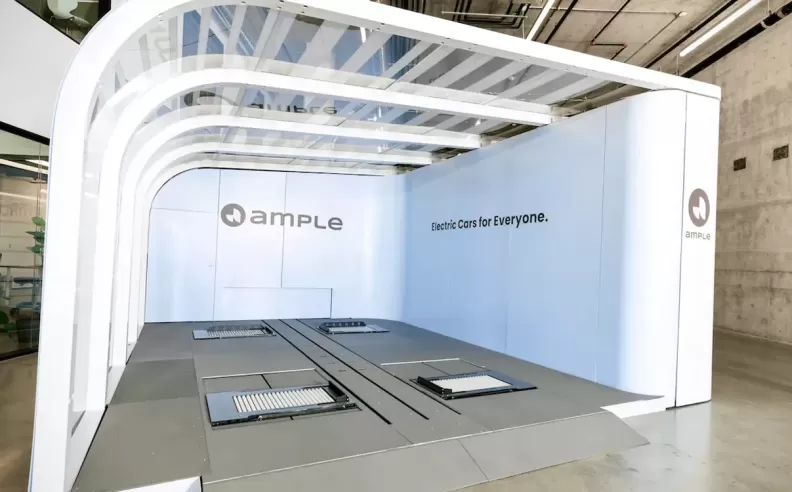
One of the significant advantages of battery-swapping technology is that it eliminates the need for long charging times. While conventional charging can take several hours, swapping a depleted battery for a fully charged one takes only a few minutes. This aspect can be beneficial for those who need to travel long distances frequently, reducing the downtime for charging.
Another advantage of battery-swapping technology is that it helps extend the lifespan of the vehicle. Lithium-ion batteries, which power most EVs, degrade over time, reducing their capacity to hold a charge. By offering battery-swapping technology, Fisker ensures that customers can replace their degraded batteries with fully functional ones, thereby extending the life of the vehicle.
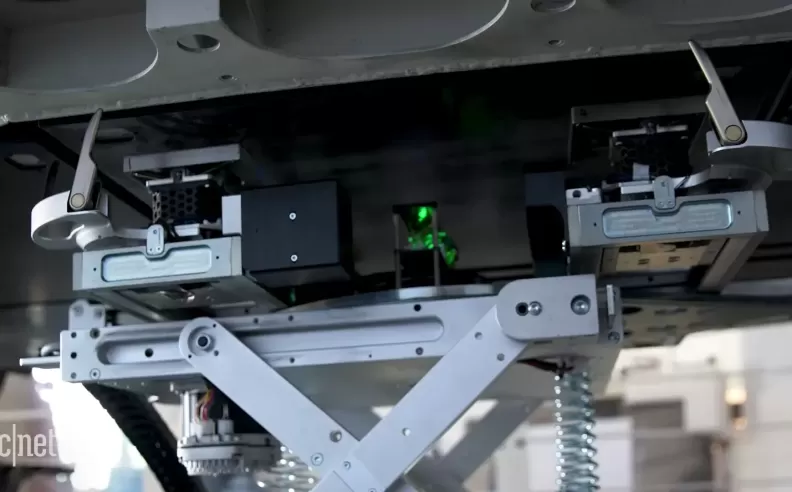
However, one of the significant challenges with battery-swapping technology is the standardization of battery sizes and shapes. Currently, there is no industry standard for battery sizes, and automakers often use different battery designs for their EVs. This means that a swapping station may not have the appropriate battery for a particular EV, limiting the benefits of the technology. Additionally, the cost of setting up swapping stations can be high, making it a challenge for smaller automakers to adopt the technology.
Despite the challenges, battery-swapping technology has the potential to revolutionize the EV market. With the Fisker Ocean, Fisker is setting an example for other automakers to follow, demonstrating that battery-swapping technology can be a viable solution to range anxiety. If other automakers adopt this technology, it can significantly improve the adoption rate of EVs, making them a more practical and accessible option for the average consumer.

Wael is an automotive content writer specializes in creating written content for Motor 283. Producing a wide range of content, including blog posts, articles, product descriptions, reviews, and technical guides related to cars, trucks, motorcycles, and other vehicles, with an unprecedented passion for cars, and motorcycles.
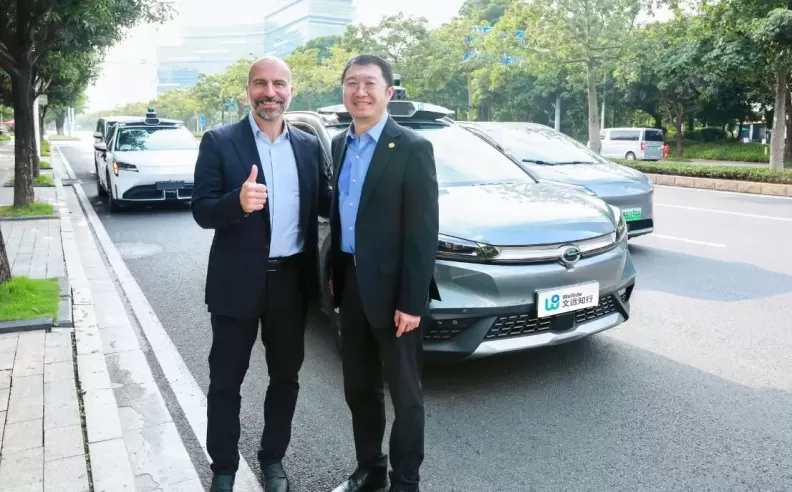
WeRide, a global leading autonomous driving technology company, and Uber Technologies, Inc. (NYSE: UBER), the world’s largest mobility and delivery technology platform, today announced a strategic partnership to bring WeRide’s autonomous vehicles onto the Uber platform, beginning in the United Arab Emirates.
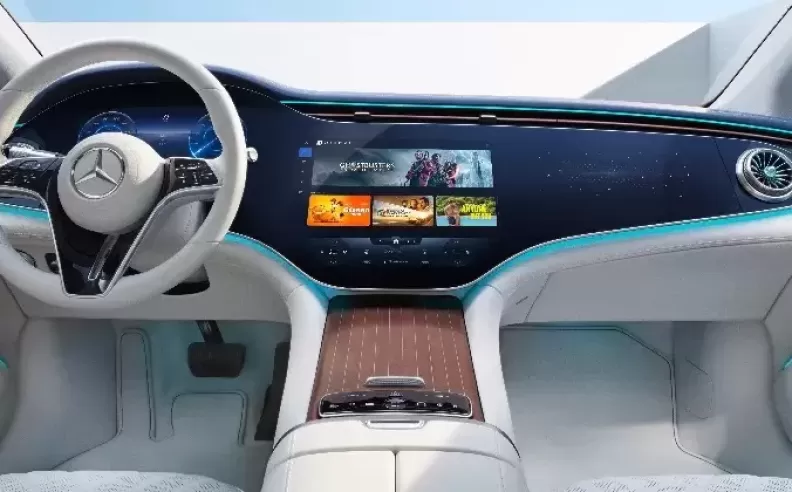
In an era where technology seamlessly integrates entertainment with daily life, Mercedes-Benz is taking the in-car experience to new heights with the introduction of RIDEVU, an advanced entertainment service developed in partnership with Sony Pictures Entertainment. Designed to deliver a high-quality movie experience, RIDEVU transforms long drives into cinematic adventures, harnessing Mercedes-Benz’s MBUX technology to offer a best-in-class entertainment package.
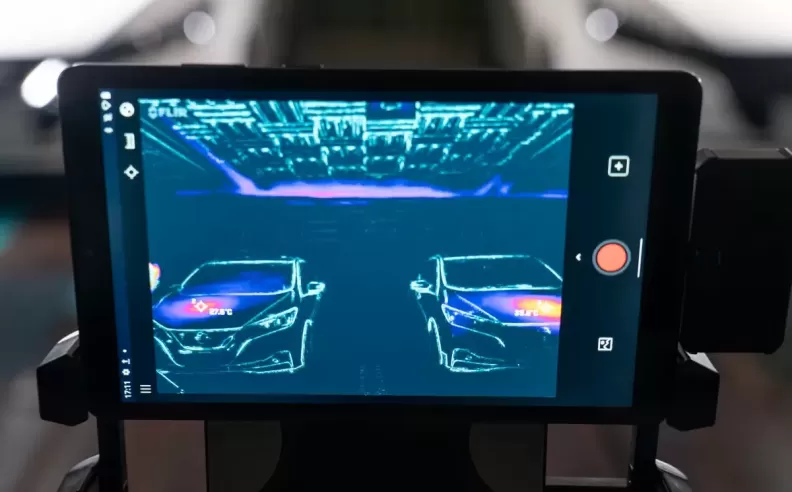
Further to Nissans’ recent announcement on it’s trial of innovative automotive paint technology, Harmeet Singh, Aftersales Director at Al Masaood Automobiles commented: “The summer months in the UAE witness high temperatures and humidity, which may ultimately have an impact on vehicles and cause discomfort to drivers – especially if parked outside. Nissan, in line with its commitment to leverage the latest technologies and intelligent mobility systems, is trialling with an innovative automotive paint that can address this issue. This latest technology will not only reduce the temperatures of exterior and interiors of vehicles, but it will also contribute to the reduction in use of fuels. While this new technology is still in the testing phase, it does have a promising potential.”